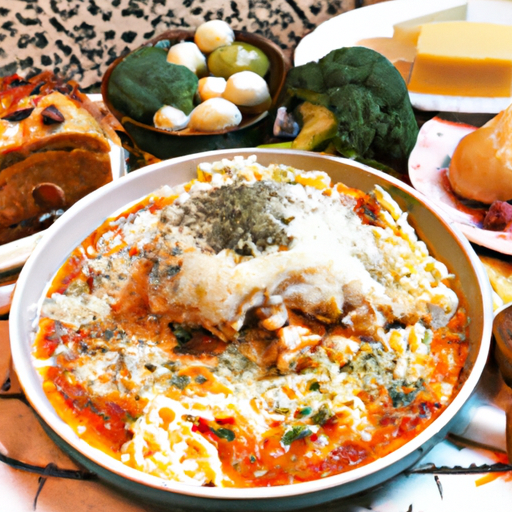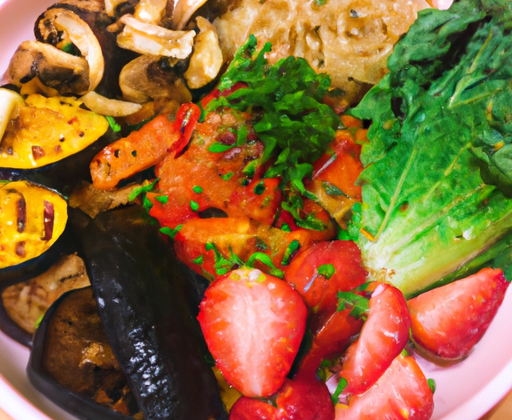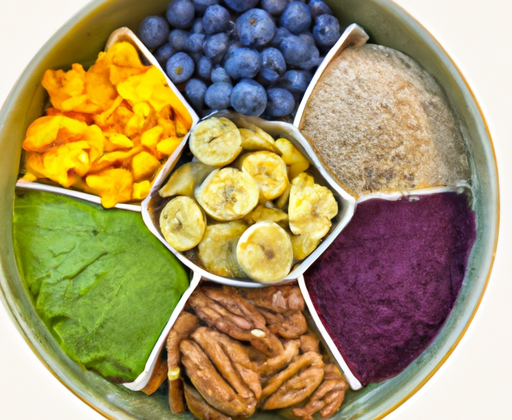Let’s Dig into the Juicy Details of Cultural Food and Its Impact on Our Identity
Hey there, fellow foodies! Today, we’re going to dive deep and explore the mouth-watering topic of cultural food and its immense impact on our identity. First off, let me clarify what cultural food means – it’s simply the type of food that is distinct to a particular culture. Whether it’s spicy Indian cuisine or sushi rolls from Japan, cultural food is a blend of ingredients and culinary techniques that are linked to a specific community or country.
But why discuss the impact of cultural food on our identity? Well, our identity is shaped by various factors, including our values, beliefs, and traditions. And, one of the most profound ways in which we express our culture is through our eating habits. The food we eat serves as a symbol of our cultural identity, and it is also a way to connect with our families and communities.
Yo, What’s Cultural Identity All About Anyway?
Man, when we talk about cultural identity, we’re talking about the unique characteristics that help define an individual or group of people. It’s all the shared languages, customs, traditions, and beliefs that shape who we are and where we come from.
Let me give you an example: I’m of Puerto Rican descent, so things like the music I listen to, the way I speak, and the types of food I eat are all part of my cultural identity. It’s what makes me who I am, you feel me?
But it’s not just about what you do or eat, it’s also about how you feel. Cultural identity can give you a sense of belonging, pride, and self-esteem. It can also help connect you with your roots and ancestors, which can be super important for some folks.
How Eating Habits Mess with My Cultural Identity
Being raised with a certain cultural background defines a significant portion of my identity. As I grow up, I realize that not everything is the same as my parents had it. Different beliefs and ways of thinking have caused me to re-evaluate and redefine my cultural identity. One of the things that have a big influence is the food I eat.

Family mealtime is when we gather to eat and keep our ties as a family. As I grow up, I have seen family members crave dishes from their hometown, and some who would instead go with foreign cuisine. This shift, although subtle or drastic, is sometimes an indicator of our connection to our roots. Eating habits influence our upbringing, and as we develop social connections, we try out different food varieties.
Traditional Dishes
Traditional dishes are an essential factor in our cultural identity. These foods are rooted in our history and are part of our cultural heritage, and thus when we dish out traditional food, the sense of belonging, and the comfort of home is felt. Eating traditional dishes is a way of preserving our heritage and instilling a sense of pride in our culture.
The Verdict
All in all, my eating habits impact my cultural identity. One should strive to understand the importance of traditional dishes and try to incorporate them into their diet. We should do what works for us in our pursuit of defining our cultural identity but always remember to hold onto our heritage.
How Does Cultural Food Affect Emotional Well-Being?
Let’s dive into the role of cultural food in emotional well-being. As someone who comes from a family of immigrants, I can attest to the power of food in bringing people together. Comfort foods from my culture, like warm bowls of arroz caldo or savory adobo dishes, are not only delicious but also provide a sense of comfort and nostalgia for me.
Studies have shown that there is a link between food and emotional well-being. In a world where stress levels are high and mental health is an issue, food can be a form of therapy. Comfort foods, especially those from one’s cultural background, can provide emotional support during difficult times.
In addition to providing comfort, cultural food can also help build social connections. When we share our traditional dishes with others, we are sharing a part of our identity. This can create a sense of pride and belonging, especially when people appreciate and enjoy the food we share. Eating with others can also create a sense of community and togetherness, which can increase feelings of happiness and well-being.
Exploring your own cultural food and incorporating it into your life can have a positive impact on your emotional well-being. Trying new recipes and sharing them with others can provide a sense of excitement and adventure. Don’t be afraid to step out of your comfort zone and explore the gastronomic wonders of different cultures. You never know what flavors might become your new comfort food.
If you want to read more about the relationship between food and cultural identity, check out this article by Baked Occasions: Exploring the Link Between Food and Cultural Identity.
Final Thoughts: The Importance of Cultural Food in Shaping Identity and Well-Being
After researching and reflecting on the topic of cultural food and its impact on identity and emotional well-being, I am convinced of its significance. Food is more than just sustenance. It is a tangible representation of one’s culture and heritage.
Cultural identity is shaped by many factors, including one’s environment, language, traditions, and history. However, food is undoubtedly a crucial aspect of this identity. Whether it is sharing meals with family or preparing traditional dishes with loved ones, food plays a significant role in shaping cultural identity.
Eating habits also have a profound influence on one’s emotional well-being. Comfort foods, for example, are often linked to nostalgia and positive memories, providing a sense of comfort and security. Sharing meals with others can also create social connections and foster a sense of community.
In conclusion, cultural food is an essential part of our identity and emotional well-being. It is a symbol of our cultural heritage and an opportunity to connect with others. So the next time you share a plate of dumplings with your family or enjoy a bowl of soup from your hometown, take a moment to appreciate and savor the cultural richness that your food represents.

